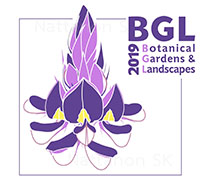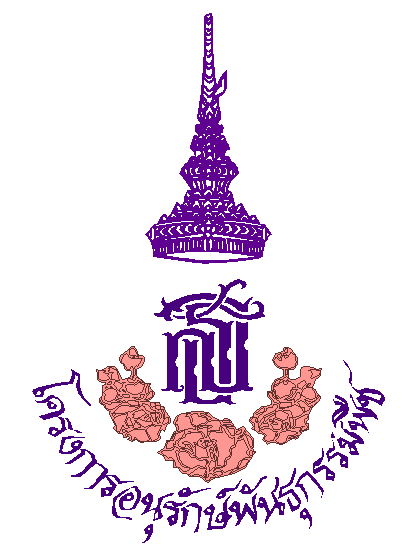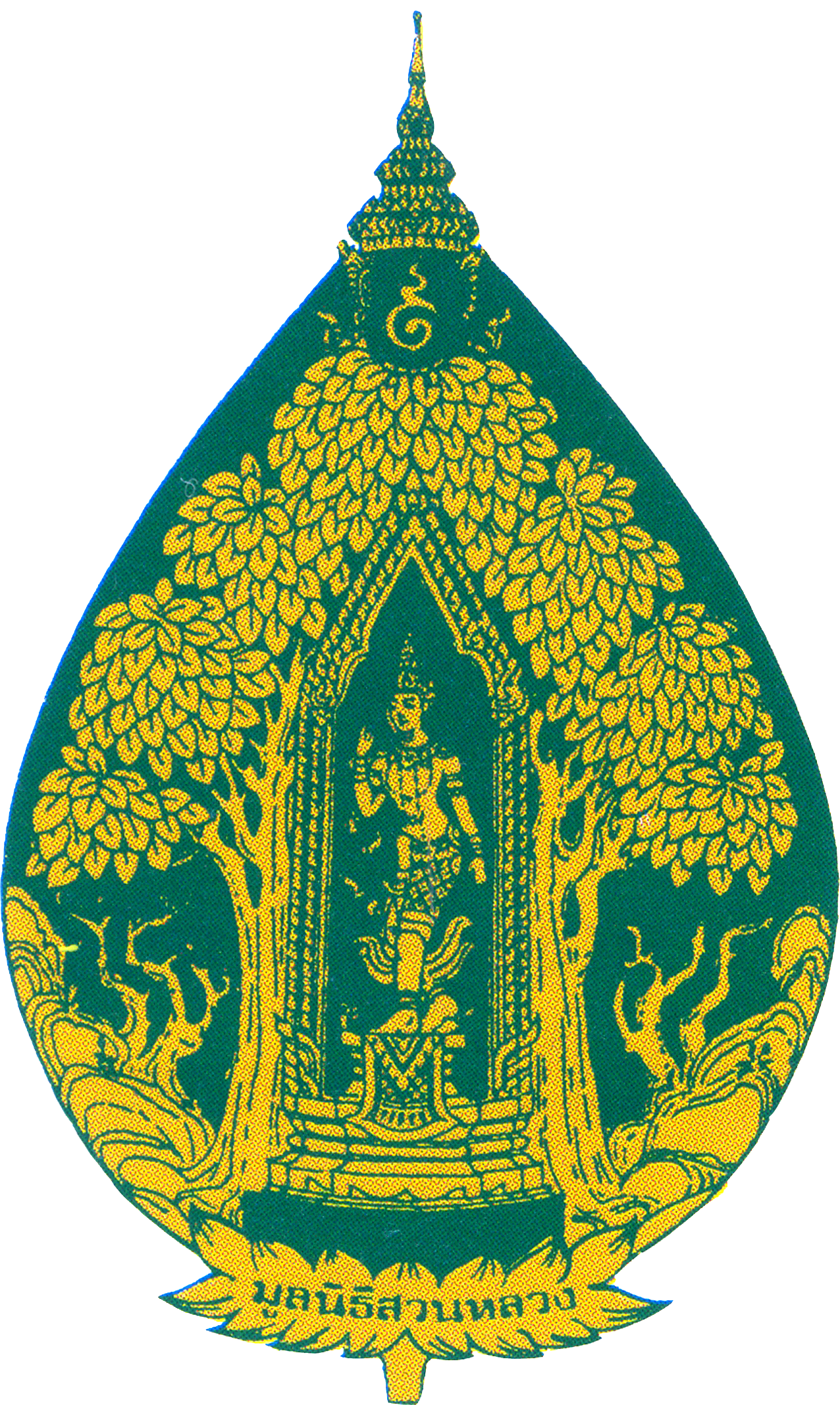The First International Symposium on
Botanical Gardens and Landscapes
(BGL 2019)
Keynote and invited speakers
Keynote speaker
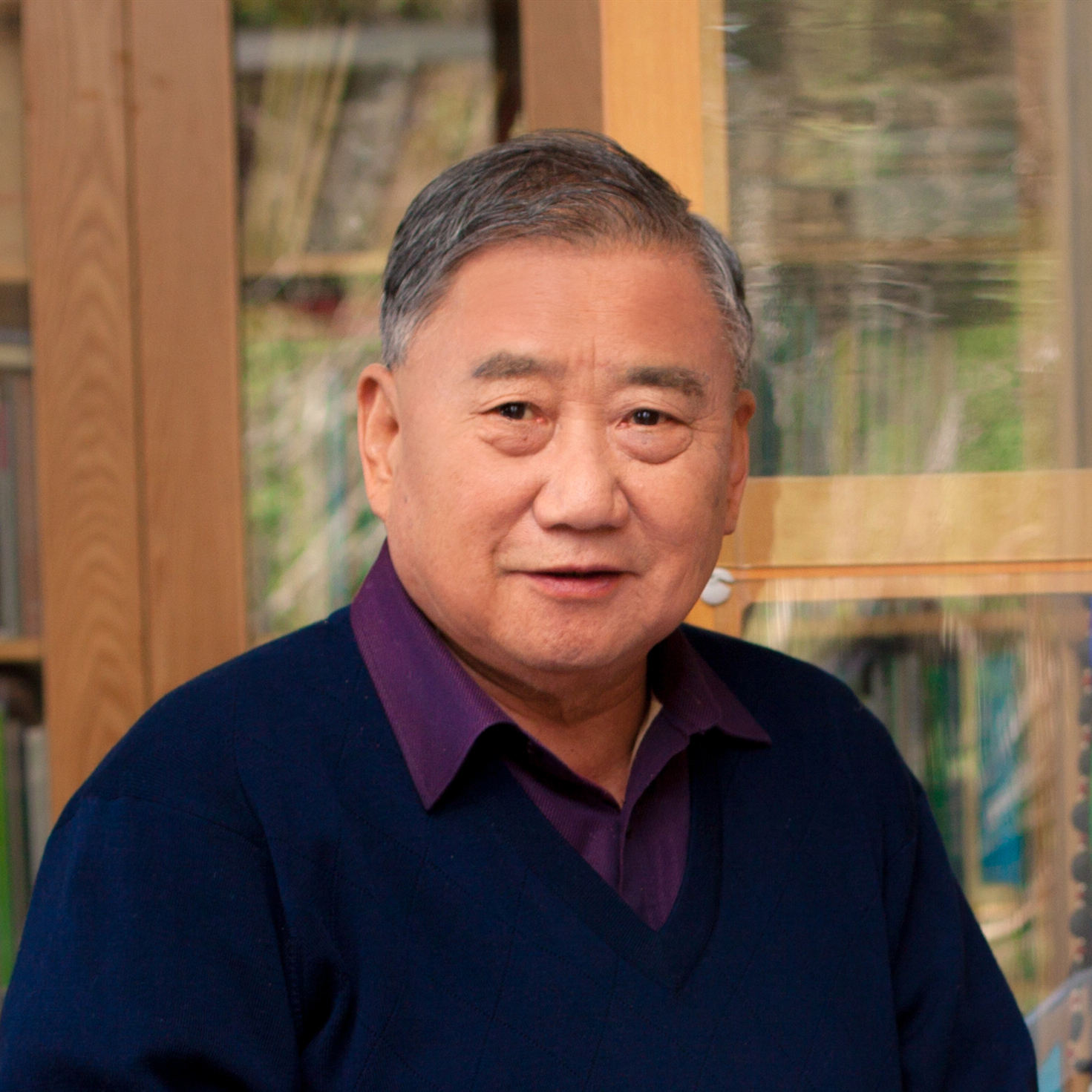 |
Prof. Pei Shengji"Role of Botanical Gardens in Plant Conservation"Professor, Honorary President of Chinese Association of Ethonobotany, Kunming Institute of Botany (KIB), Chinese Academy of Sciences (CAS), Heilongtan, Kunming 650201, China
Pei Shengji is a research professor at Kunming Institute of Botany, Chinese Academy of Sciences, founder of Chinese ethnobotany, fellow of Linnean Society, member of IUCN-WCPA-CSVPA; ex-President of International Society of Ethnobiology (ISE, 1998-2002); Division chief of Mountain Natural Resource, International Center for Integrated Mountain Development(1990-1998); Director of Xishuangbanna Tropical Botanical Garden, Chinese Academy of Sciences (1978-1986); After retirement in 2003, he is still active in BioCultural Diversity research and traditional botanical knowledge studies and biocultural diversity conservation in China and Southeast Asia. |
Invited speakers
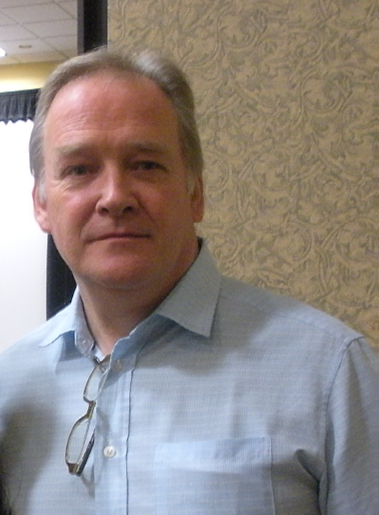 |
Professor Dr. Hugh Pritchard"Botanic Gardens, COP and the Role of Horticultural Science"Head of Comparative Seed Biology, Royal Botanic Gardens (RBG) Kew, United KingdomHugh Pritchard has a PhD in plant cryobiology and >30 years' experience in genetic resources preservation, including as a member of the senior management team delivering the Millennium Seed Bank Project / Partnership through to 2014. His research specialities include seed storage, germination modelling and stress biology in native species, including many of horticultural interest. He has published >200 scientific papers (c. 58% in international peer-reviewed journals), including in PNAS, The Plant Journal, Biotechnology Advances and TIPS. His Google Scholar h-index and ResearchGate score are both > 40. His research work is multidisciplinary in approach and his research group (5 post-doctoral fellows, and numerous visiting scientists / students) has global connections, publishing with co-authors from >30 countries (from Brazil to China) in the last 10 years. He has led four Darwin Initiative (UK) projects (2003-17) involving 16 countries in Africa, 9 countries in the Americas and 6 countries in Asia. He has managed Kew's role on two EU Framework 7 projects on 'climate and seed quality' and 'native seed biology' and a NERC project on seeds of Amazonian plants. In addition to being Executive Editor of the low temperature science journal CryoLetters, he has been chairman of the Society for Low Temperature Biology (2008-11), a governor at Writtle University College, UK (2008-12) and a long-standing member of committees of the International Seed Testing Association. He holds honorary professorships from the University of Sussex and the Chinese Academy of Sciences, is a fellow of the Royal Society of Biology and the Linnean Society; and is an elected member of the Academy of Sciences of South Africa. He was a Senior International Visiting Professor with the Chinese Academy of Sciences in 2011 and 2017. He leads for Kew on the collaboration with the Indian Council of Agricultural Research and the Chinese Academy of Sciences. Examples of recent publications on horticulture, landscape and conservationBastos LLS, Ferraz IDK, Lima Junior MJV, Pritchard HW (2017). Variation in limits to germination temperature and rates across the seed-seedling transition in the palm Oenocarpus bataua from the Brazilian Amazon. Seed Science & Technology 45 (1), 1-13. https://doi.org/10.15258/sst.2017.45.1.05 Ladouceur E, Jiménez‐Alfaro B, Marin M, De Vitis M, Abbandonato H, Iannetta PPM, Bonomi C, Pritchard HW (2018). Conservation Letters 11 (2), e12381. https://doi.org/10.1111/conl.12381 Marks TR, Seaton PT, Pritchard HW (2014). Desiccation tolerance, longevity and seed-siring ability of entomophilous pollen from UK native orchid species. Annals of Botany 114, 561–569. [http://doi:10.1093/aob/mcu139]http://doi:10.1093/aob/mcu139 Nadarajan J, Benson EE, Xaba P, Harding K, Lindstrom A, Donaldson J, Seal CE, Kamoga D, Agoo EMG, Li N, King E, Pritchard HW (2018). Comparative biology of cycad pollen, seed and tissue – a plant conservation perspective. The Botanical Review 84 (3), 295–314. https://doi.org/10.1007/s12229-018-9203-z Popova E, Sylvestre I, Kim H-H, Kumar Saxena P, Engelmann F, Pritchard HW (2016). Frozen beauty: the cryobiotechnology of orchid diversity. Biotechnology Advances 34, 380-403. https://doi.org/10.1016/j.biotechadv.2016.01.001 Prasongsom S, Thammasiri K, Pritchard HW (2017). Seed micromorphology and ex vitro germination of Dendrobium orchids. ISHS Acta Horticulturae 1167: Ist International Symposium on Tropical and Subtropical Ornamentals. https://doi.10.17660/ActaHortic.2017.1167.48 Seaton PT, Hosomi ST, Custódio CC, Marks TR, Machado-Neto NB, Pritchard HW (2018). Orchid seed and pollen: a toolkit for long-term storage, viability assessment and conservation. Pp 71-98 in Lee YI., Yeung ET (eds) Orchid Propagation: From Laboratories to Greenhouses—Methods and Protocols. Springer Protocols Handbooks. Humana Press, New York, NY. https://doi.org/10.1007/978-1-4939-7771-0_4 Wade EM, Nadarajan J, Yang X-Y, Ballesteros D, Sun W-B, Pritchard HW (2016). Plant species with extremely small populations (PSESP) in China: a seed and spore biology perspective. Plant Diversity 38, 209–220. http://dx.doi.org/10.1016/j.pld.2016.09.002 |
 |
Prof. Dr. Chunlin Long“Biocultural Diversity Conservation in Botanical Gardens”Professor, Head of Ethnobiological Program, Minzu University of China, Beijing 100081, China; and Deputy Director of Key Laboratory of Ethnomedicine of Ministry of Education, China
Chunlin Long graduated from Hunan Normal University, China and holds Post-Graduate degree from Kunming Institute of Botany, Chinese Academy of Sciences, China. He obtained his Ph.D. in 2002 from Gifu University, Japan. He made significant contribution in fields of biodiversity conservation, ethnobotany and ethnoecology, phytochemistry and natural products, and plant taxonomy and phylogeny. He published 356 papers in national and international journals such as Conservation Letters, Journal of Agricultural and Food Chemistry, Natural Product Reports, and Trends in Plant Science. He is a prolific writer and authored 22 books and 17 patents of innovations in his kit. He established international collaborations with 12 countries. He has been awarded 17 prizes including First-Grade prizes by Yunnan Provincial Government, Chinese Academy of Sciences, and Society of Ethnobotanists. Presently he is the Associate Editor of Journal of Ethnobiology and Ethnomedicine, and Editorial Board Member of Archives of Pharmacal Research, and Genetic Resources and Crop Evolution. Examples of recent publications on horticulture and conservationLiu B, Hammer K, Liu SZ, Long CL* (2019) The East Asiatic Region of crop plant diversity. Genetic Resources and Crop Evolution, 66: 177-193 (doi: 10.1007/s10722-018-0704-8) Wang DD, Li XH, Cheng ZY, Long CL* (2018) In vitro preservation and micropropagation of Oreocharis mileense (Gesneriaceae) through shoot organogenesis. In Vitro Cellular & Developmental Biology – Plant, 54(6): 606-611 (doi: 10.1007/s11627-018-9941-y) Long CL*, Ma KP (2017) Challenges and opportunities for botanical gardens in a new era. Biodiversity Science, 25: 915-916 (doi: 10.17520/biods.2017257) Long CL*, Fang Q, Long B, Ji YY, Shu H, Luo BS, Liu B (2017) Ornamental aroids (Araceae) in China. Bulletin of Nikitsky Botanical Gardens, 145: 125-131 Xin T, Huang WJ, de Riek J, Zhang S, Ahmed S, van Huylenbroeck J, Long CL* (2017) Genetic diversity, population structure, and traditional culture of Camellia reticulata. Ecology and Evolution, 7: 8915-8926 (doi: 10.1002/ece3.3340) Long CL*, Long B, Bai YJ, Lei QY, Li JQ, Liu B (2016) Indigenous people’s ornamentals for future gardens. Acta Horticulturae, 1167: 17-22 Long CL*, Ni YN, Long B, Zhang XB, Xin T (2015) Biodiversity of Chinese ornamentals. Acta Horticulturae, 1087: 209-220 |
 |
Dr. Francesco Orsini"From Microgarden Technologies to Vertical Farm: Innovative Growing Solutions for Multifunctional Urban Agriculture"Senior Researcher, Research Centre on Urban Environment for Agriculture and Biodiversity, Bologna University Alma Mater Studiorum, Bologna Italy.In the last 15 years, Dr. Francesco Orsini substantially contributed to the definition of sustainable growing systems for plant cultivation in cities. His research work on micro-garden technologies and simplified hydroponics grounds on experiences of international cooperation in Peru, Brazil, Myanmar, Kenya, Kossovo, Mauritania, Ivory Coast, Burkina Faso, Ivory Coast and Cabo Verde. In all these projects, research addressed the contribution of urban farming to food security, job creation and community empowerment. Starting from 2010, Dr. Orsini promoted the first rooftop agriculture experience for intercultural dialogue and social inclusion in social housing projects of the city of Bologna. Dr. Orsini was then involved and coordinated activities in several European projects on Urban Agriculture, respectively aiming at early childhood (Erasmus+ project “GardensToGrow”) and adult education (as in the lifelong learning project “Hortis”). He was also involved in higher education projects on entrepreneurial urban farming (as in the projects “UrbanGreenTrain” and “Western Balkans Urban Agriculture Initiative”), or research on the sustainability of urban agriculture systems (H2020 “SustUrbanFoods). In 2017, Dr. Orsini edited the book “Rooftop Urban Agriculture (Springer). From 2018 he was nominated Chair of the Division on Landscape and Urban Horticulture of the International Society for Horticultural Sciences (ISHS). His scientific results have been published in more than 60 international refereed journals (Scopus), resulting in an h-factor of 14. |
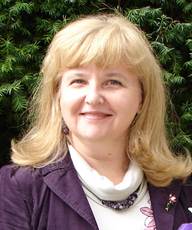 |
Professor, Dr. of Biol. Sciences Irina Mitrofanova“Biotechnology Ways of Plant Biodiversity Conservation in Botanical Gardens of Russia”Correspondent Member of the Russian Academy of Science, Head of the Department of Plant Developmental Biology, Biotechnology and Biosafety, FSFIS "The Labor Red Banner Order Nikita Botanical Gardens – National Scientific Center of the RAS”, Yalta, Russian FederationIrina Mitrofanova graduated from Szent István Agricultural University, Gödöllő, Hungary. She obtained her Ph.D. in Biotechnology and Botany in 1994 from the State Nikita Botanical Garden, Nikita, Ukraine and holds Doctor of Biology Sciences degree in Biotechnology at Nikita Botanical Garden, Ukrainian Academy of Agricultural Science in 2007. She is well-known researcher, who works more then 25 years in Plant Biotechnology and Virology. Her specialized fields are in Somatic Embryogenesis and Organogenesis of ornamental, aromatic, fruit crops and wild-growing endemics and rare plant species, in monitoring of viral disease in horticultural agrocenosis, virus diagnostics and identification, in plant in vitro preservation. She participated and gave invite and oral presentation to many international conferences and symposiums. She also convened International symposiums supported by the International Society for Horticultural Science (ISHS), namely “Biotechnology as an Instrument for Plant Biodiversity Conservation (physiological, biochemical, embryological, genetic and legal aspects)» - YaltaBiotech 2018” in 2018, Yalta, Russian Federation. She is a member of the Russian, European and International Society on Plant Physiology, Plant Biology and Biotechnology, National Correspondent of the International Association for Plant Biotechnology from Russian Federation. She is author or co-author of more than 180 scientific papers and reviews, 8 books and book chapters on plant virology, plant tissue culture, in vitro morphogenesis (somatic embryogenesis and organogenesis), in vitro conservation and ex vitro adaptation. She is an expert of Russian Academy of Science, Russian Scientific Foundation, Russian Foundation for Basic Research, of Skolkovo Foundation. She is a member of Expert Council of Russian Scientific Foundation for research projects, member of the Editorial Board of several Russian and International Journals on plant botany, breeding and biotechnology. |
